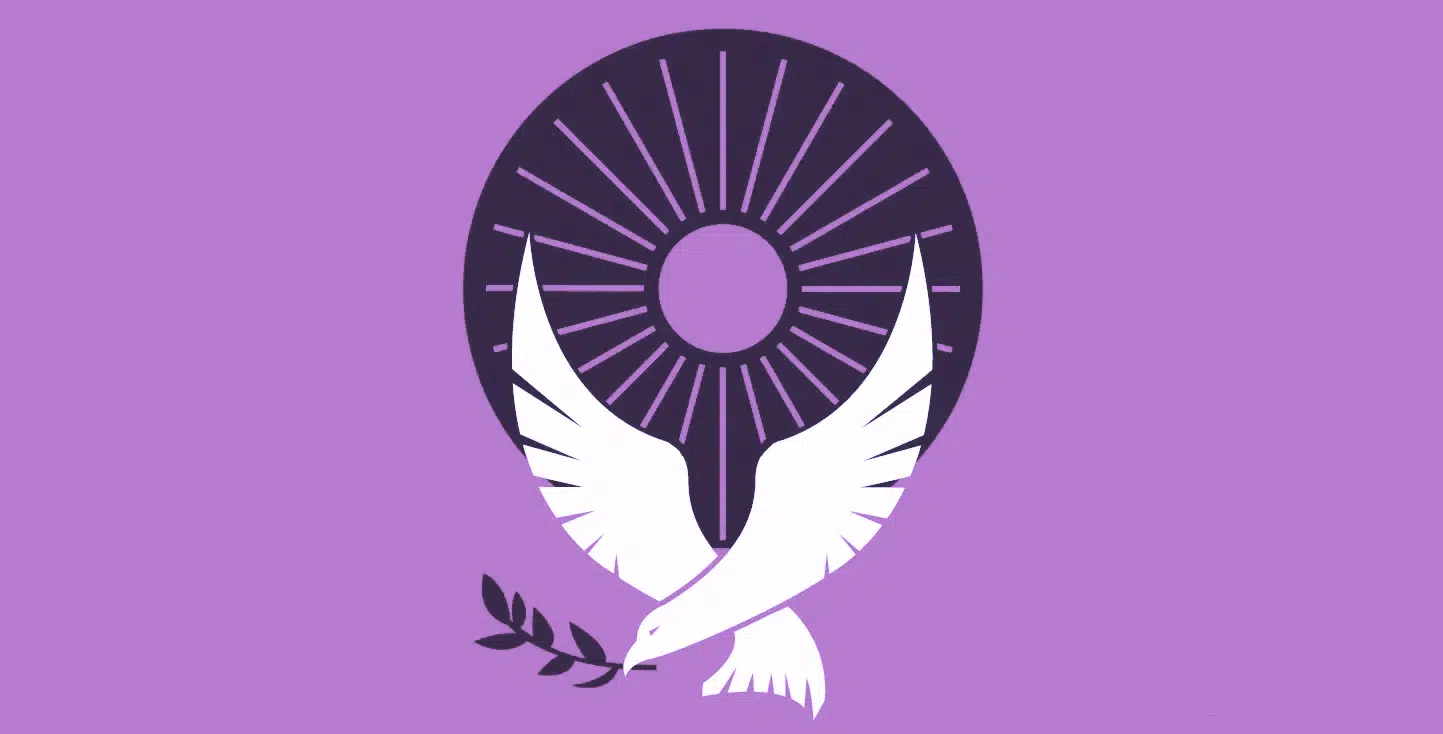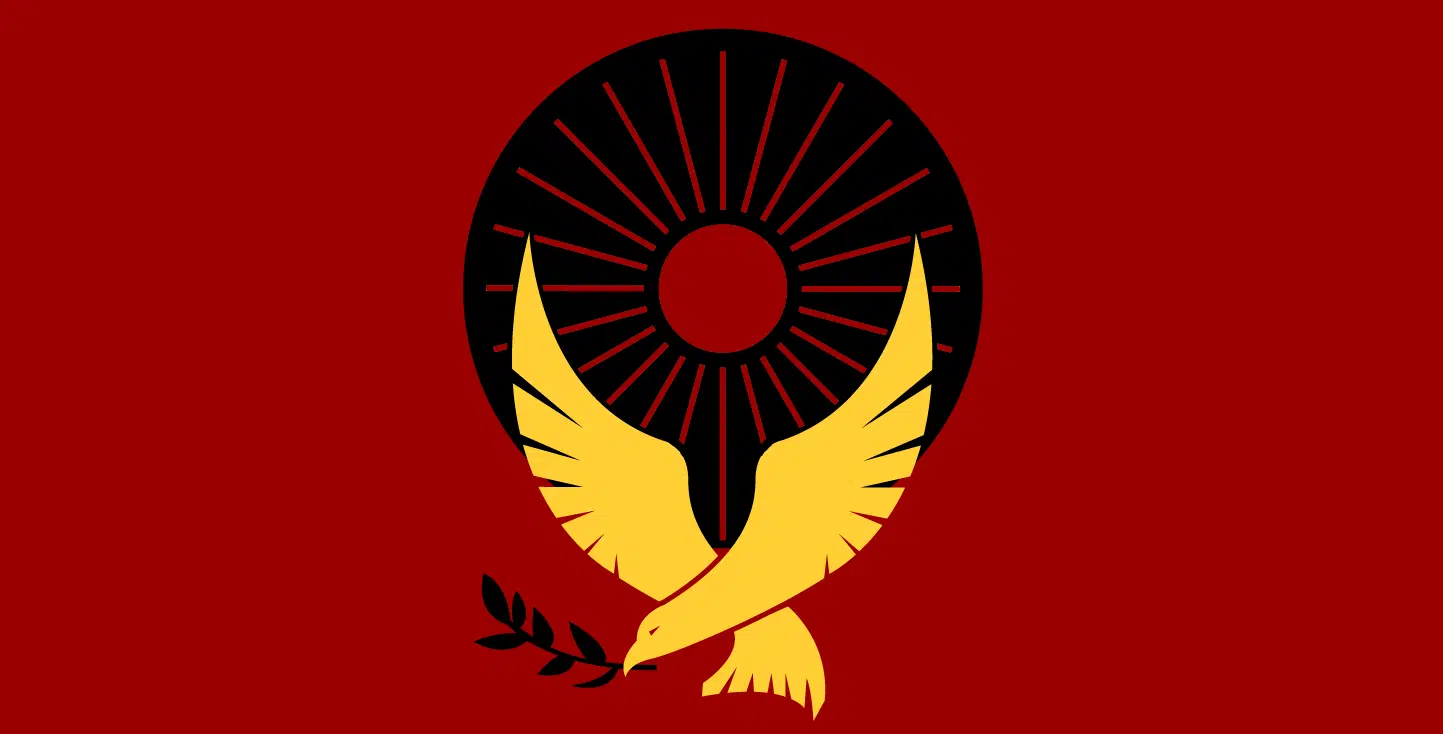This video explores how editors have developed their approach to reviewing creative autoethnography and highlights strategies for contributors.
JoinedJune 22, 2021
Articles6
Comments3
Jacob Meadows is known by many as Jay, but will publish as Jacob. He is a gay man in small town South Carolina, fighting the good fight through poetry, prose, and local activism. He received his MA in Creative Writing from Southern New Hampshire University in 2020 and his MA in English from SNHU in 2021. You can begin following his continued journey through Margaret Atwood's "The Handmaid's Tale" by reading his column, "Jay and June: A Walk Through Gilead," premiering in August 2021! You can find him on Facebook and Instagram @readJacobMeadows.
"It is in finding these solutions, the tape and the glue that holds us all together, that we find the beauty of who we are as people."
"When I review evocative autoethnography I look for that layer in the contribution that will entertain and connect to a cultural issue."
"If abortion can be banned, largely due to Christian beliefs, what is to stop an overturning of the legalization of gay marriage or the disestablishment of “Don’t Ask, Don’t Tell?” If The Handmaid’s Tale taught me anything, it is to never believe that I am truly safe, untouchable."
“What if I were Offred? What if I was a handmaid or a gender traitor living in Gilead?”
“Tired,” the titular poem and the collection at large, is an autoethnography looking at the cause of so much pain, so much fatigue. Anthropomorphizing the feeling of being tired gave me creative license to dramatize and explore the real experiences of needing a break...








